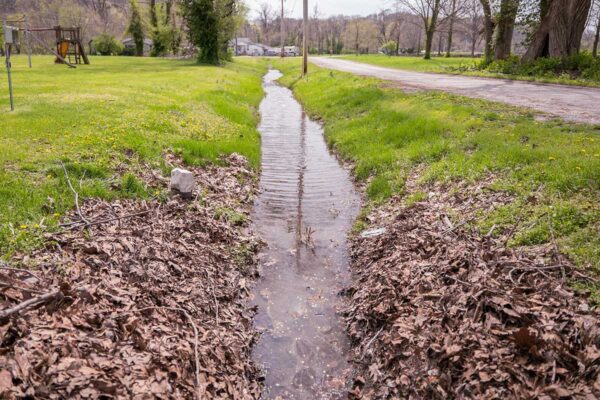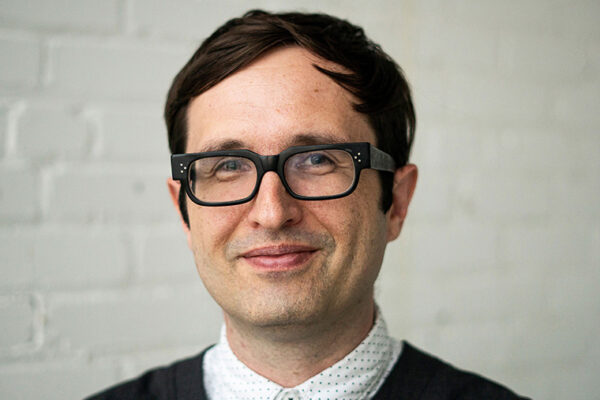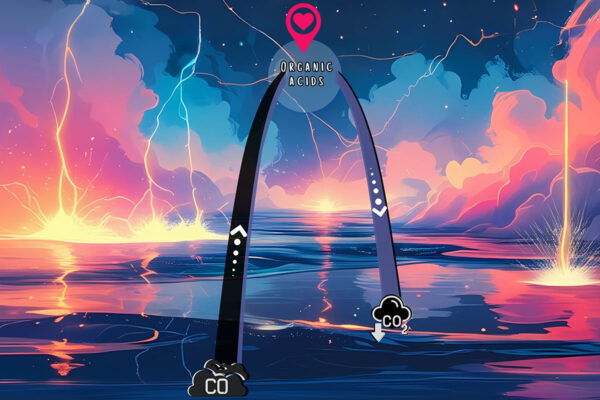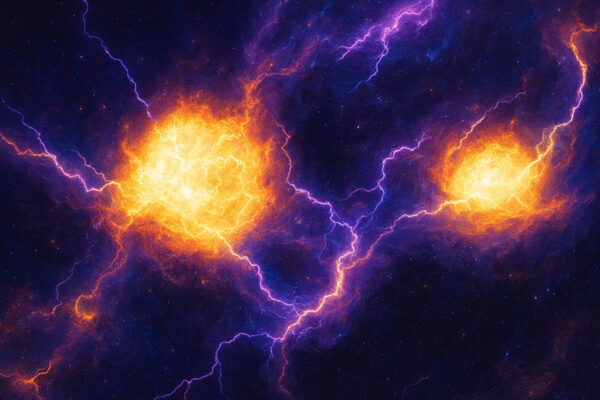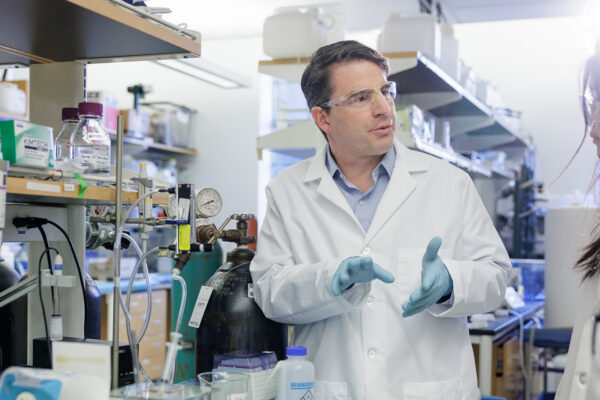Multidisciplinary team secures $3.6M grant to investigate health risks from flooding
Funding from the National Science Foundation will enable researchers across many disciplines at Washington University in St. Louis to advance ongoing research into the damaging health effects of repeated flooding in Metro East communities.
Personalized brain modeling of anesthetic effects to predict antidepressant response
Neuroscientists, clinicians and engineers at Washington University in St. Louis seek to develop personalized medicine strategies for refractory depression that would tailor drug dosage based on a patient’s age, genetics, health conditions, brain dynamics and neural circuits.
Light as data and power source
WashU electrical engineer Mark Lawrence has received a prestigious CAREER Award from the National Science Foundation. He aims to develop sensors and cameras powered by taking advantage of the properties of light.
Witt named inaugural Kavita and Krishna Bharat Professor
The Sam Fox School of Design & Visual Arts at Washington University in St. Louis has named Andrew Witt the inaugural Kavita and Krishna Bharat Professor, a role that focuses on the intersection of artificial intelligence with art, architecture and design, effective Jan. 1. The professorship includes a joint appointment at the McKelvey School of Engineering.
Plasma: The fourth state of matter drives sustainable carbon upcycling
Researchers at Washington University in St. Louis are developing ways to convert carbon monoxide into organic acids useful for industry.
Novel technologies underway to help those with spinal cord injuries move
A multidisciplinary team of researchers at Washington University in St. Louis plans to investigate the neural mechanisms behind various controls of transcutaneous spinal cord stimulation in generating different leg movements with a five-year, nearly $3 million grant the National Institutes of Health (NIH).
Dai receives $200,000 grant from Alzheimer’s Association
A scientist at Washington University in St. Louis has received a grant from the Alzheimer’s Association to support his research investigating the electrochemistry of neurotoxic protein assemblies.
Tracking deadly and unpredictable postpartum hemorrhage
Researchers at Washington University in St. Louis are developing a wearable device that aims to track blood loss in pregnant women during delivery, with support from a $2.8 million grant from the National Institutes of Health (NIH). The device aids in early warning signs for postpartum hemorrhage, a birth complication that is the leading cause of maternal death worldwide.
Wearable imaging system could provide insight into preterm birth
A team of researchers at Washington University in St. Louis is developing an at-home wearable device that would monitor electrical and mechanical signals in the uterus during pregnancy and labor, with a four-year $920,769 grant from the National Institutes of Health (NIH).
WashU’s Trusted Tap will empower households to monitor water quality
Researchers at Washington University in St. Louis will empower people to monitor their own tap water with a project funded through the National Science Foundation.
View More Stories
